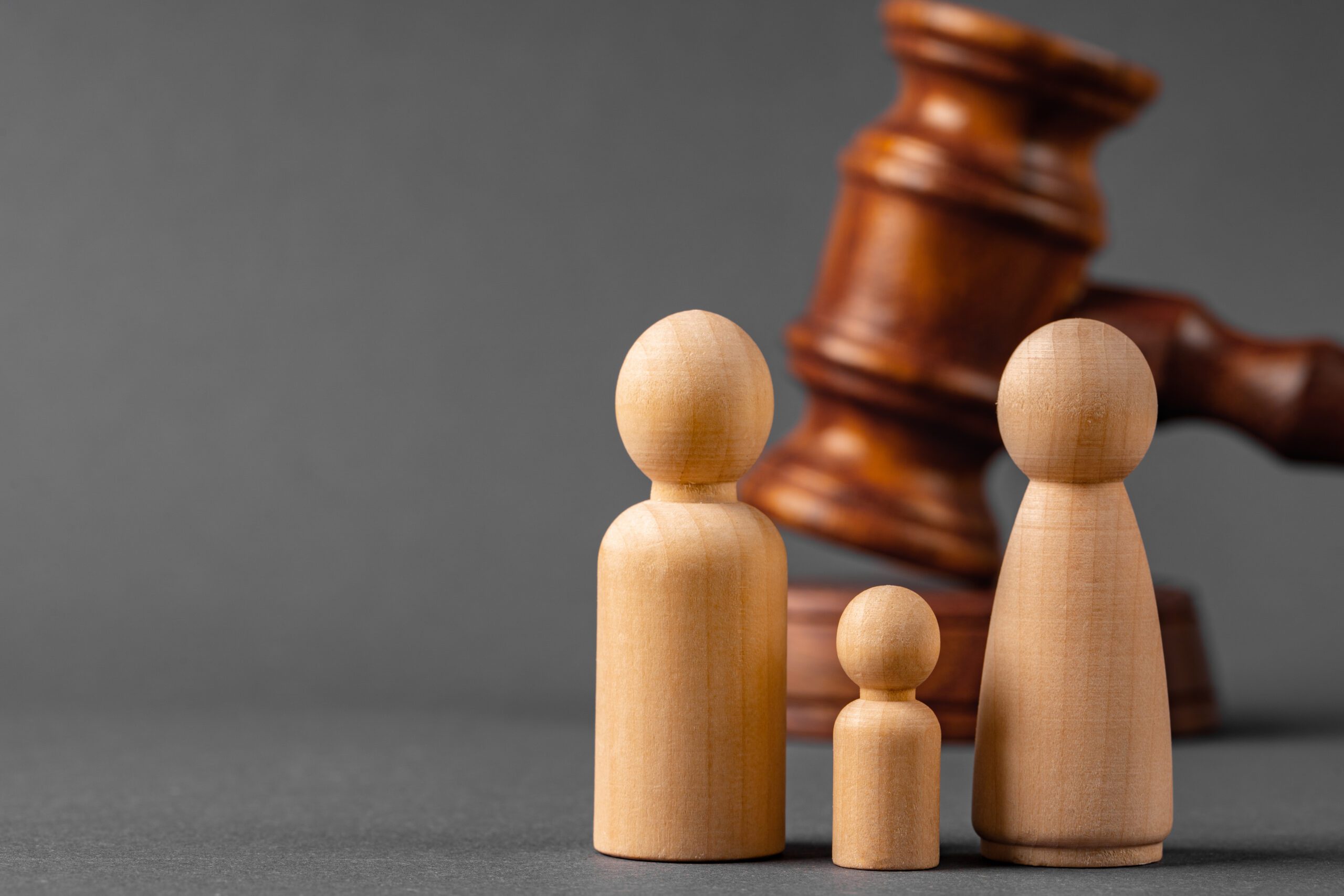- 18 Oct 2025

During a divorce, it may be tempting to tell various people about what you are going through. However, one should be very careful when discussing the details of a divorce. If you are not careful, even an offhand remark can cause serious legal issues. There are certain people who you can definitely tell about your divorce without worrying about potential consequences. On the other hand, there are some people who you should avoid speaking with about these details.
An experienced divorce lawyer in California at Milligan, Beswick, Levine & Knox, LLP may be able to help you approach this difficult situation with more confidence. After a consultation at this established family law firm, you can avoid unnecessary consequences due to offhand remarks, social media posts, and other public disclosures. Stephen P. Levine has considerable experience with divorce, and he has been practicing law since 1977. You can speak freely about your divorce with this family law attorney without worrying about any issues.
First of all, you do not need to worry about discussing any aspect of your divorce with a family lawyer. When you meet with a lawyer, something called “attorney-client privilege” applies. While this might sound complicated, it simply means that your lawyer cannot discuss the details of your meeting with anyone else. If they do, they are breaching legal codes of conduct – and they could lose their license to practice law.
For example, you might schedule a consultation with a divorce lawyer and discuss various embarrassing details with them. These details might include infidelity, substance abuse, or even past criminal offenses. Even if you choose not to hire the lawyer, they are still bound by client-attorney privilege. The only exception is if you tell a lawyer that you are about to commit a crime – in which case they are obligated to report you. In terms of past actions, however, you are generally free to discuss anything you like without fear of any consequences.
In fact, one might argue that you should provide a divorce lawyer with as much detail as possible as you prepare for legal proceedings. The more information they have, the easier it will be for them to pursue positive results on your behalf. This includes information about the most embarrassing or awkward details of your marriage. You might also want to discuss concealed/complex assets, hidden jewelry, safety deposit boxes, and so on.
You should definitely be careful when discussing divorce with your children. Ideally, you should break the news of divorce alongside your ex. Child psychologists generally agree that it is best to present a “united front” when breaking the news – even if you and your ex can no longer stand each other’s presence.
After this initial discussion, you can continue to talk about the divorce alone with your children. However, you should always avoid any negative comments about your ex. Whatever you do, avoid implying that the divorce is your ex’s fault. If the court believes that you are trying to turn the children against your ex, they may punish you with a less favorable child custody outcome. In the legal/psychological world, this is called “parental alienation.”
If you plan to speak with a therapist, psychiatrist, or other mental health professional about your divorce, you should feel free to cover any subject you like. Mental health is incredibly important during this turbulent process, and spouses should feel good about prioritizing their psychological well-being. Not only is therapy an excellent choice, but it also gives you a chance to discuss your feelings without fear of legal consequences.
“Patient-physician” privilege is very similar to attorney-client privilege, and it also prevents your healthcare providers from repeating any private discussions. If they breach this medical/ethical code of conduct, doctors could lose their license to practice law. This applies to virtually any mental health professional, even those who do not have the “official” title of doctor.
Most family lawyers recommend staying off social media for the duration of your divorce. While this might seem unnecessary, you should know that a single social media post can ruin your chances of a positive outcome.
An innocent photograph could have drug paraphernalia in the background, and this might raise questions about your parenting abilities (even if the items are not yours). Perhaps you suffer from a disability. A certain photo might make it seem like you are carrying a heavy weight or standing – even if this is simply due to an optical illusion.
Aside from images, various comments may also cause issues. You might rant about your ex on social media, assuming that only your close friends can see the post. However, someone might take a screenshot and re-post it – exposing your statements to the world.
These are just a few examples of how social media can affect your divorce. In the end, it is best to hit pause on your online activities. Many people benefit psychologically from taking a break from social media.
Finally, you can feel free to discuss your divorce and its various details during mediation. These private negotiations are usually protected by strict confidentiality rules, which means that no one can repeat the details of these discussions in public.
Once you understand the potential consequences of “venting” to the wrong people during divorce, it may be easier to avoid all kinds of legal issues. However, this is only one important subject as you approach divorce, and there may be many others worth discussing with an experienced divorce lawyer. Choose Milligan, Beswick, Levine & Knox, LLP – and call 909-894-0812 to get started today.